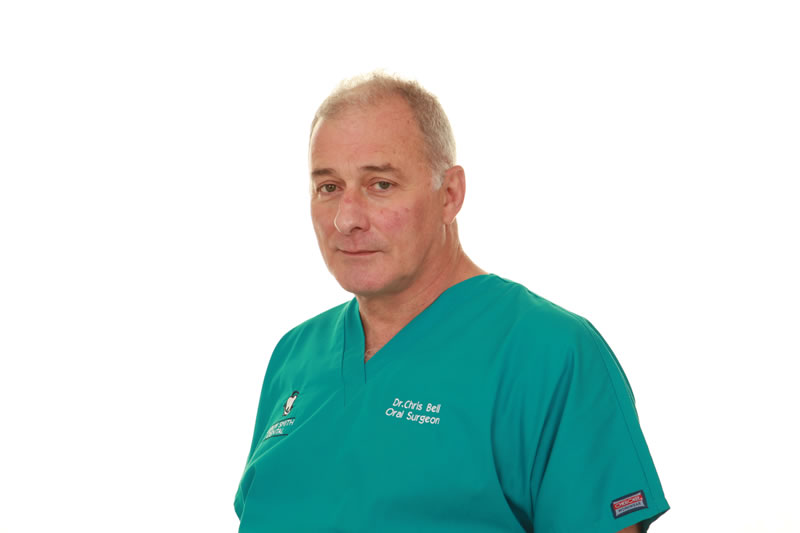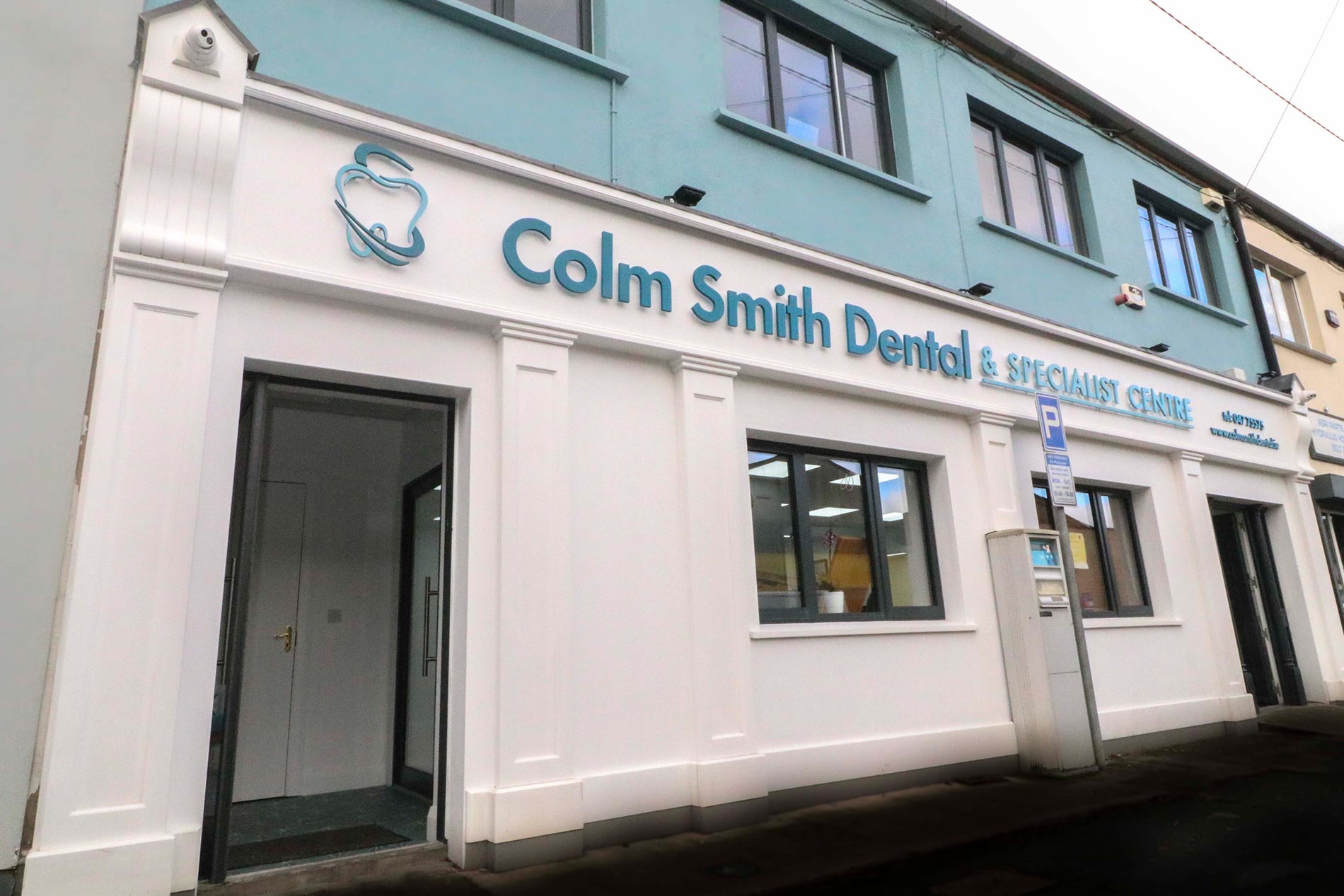
Wisdom Tooth Removal
What are wisdom teeth?
Wisdom teeth are the last teeth at the back of your mouth. Most people have four wisdom teeth. For some people these teeth come through uneventfully and cause no problems, for others they remain in the bone and don’t grow down at all, however for many people when they do start to grow through the gum there isn’t enough space for them to come through fully.
Sometimes wisdom teeth come through partially and remain this way. Sometimes they can be impacted which means they are angled to one side or the other. Wisdom teeth can begin to erupt from your late teens onwards.
Impacted Teeth - FAQ
When is a wisdom tooth extraction necessary?
When a wisdom tooth remains partially in the gum or is impacted this can make them difficult to keep clean. When wisdom teeth are not cleaned, they can cause regular infections, decay can occur on the wisdom teeth and on the teeth in front. If this occurs removal of the wisdom tooth is advised to reduce problems. Removal of a lower wisdom tooth usually necessitates the removal of the upper wisdom tooth.
Reasons Wisdom Tooth Removal may be necessary?
There are various reasons to get your wisdom teeth out including:
- Infection around a wisdom tooth. This is called pericoronitis.
- Decay in a wisdom tooth.
- Decay in the neighbouring teeth.
- Cysts can develop around your wisdom teeth.
- Gum disease may develop around wisdom teeth
- A lack of space or unfavourable growth of a wisdom tooth may cut and cause trauma to your cheek.
Should I get my wisdom teeth removed?
If the teeth are impacted or have unfavourable root formation it will be required to remove them surgically. The procedure involves making an incision in the gum, some bone removal to access the tooth, tooth division and removal and placing some stitches. The stitches do dissolve after a period of 10-14 days. Most people recover in 3 to 5 days however some people have complications that last longer. These are commonly dry sockets, infections, swelling, bruising and post-operative discomfort. (However there are some rare complications that may require hospital admission)
We may provide you with some medication pre- or post-surgery to help with discomfort and swelling after your surgery. Following wisdom teeth extraction, we will explain to you and provide you with a leaflet outlining how to look after the site where your tooth has been removed. We will explain to you how to manage any pain. Carefully follow any instructions on any medication you take. We advise you to go home and relax and avoid excessive physical activity for the rest of the day.
Please read the dedicated set of pre- and post-operative instructions that we will provide you with prior to your appointment. We will make an effort to contact you in the days after your surgery to see how you are recovering. We will decide if we need to arrange a review appointment to assess your healing. If you have any concerns following your wisdom teeth extraction, please contact the surgery.
Most wisdom teeth extractions are carried out by a specialist oral surgeon and some are extracted by a dentist with extra training. Our specialist oral surgeon is Mr. Chris Bell.

How much does the treatment cost?
Prices vary depending on the treatment you need. Please discuss this with your dentist during your assessment. At Colm Smith Dental we provide our patients with the knowledge and expertise needed to get the best results.
Our pricing is competitive, and our dentists are highly skilled. Please see our price list below or call one of our practices in Cootehill and Monaghan to find out more.
General Dental Treatments
CONTACT US TODAY
If you are unsure what treatment you may need, please fill out the appointment form with as much information as possible and we will contact you as soon as we can.
We have Dental Clinics in Cootehill in Cavan and also in Monaghan centre.
